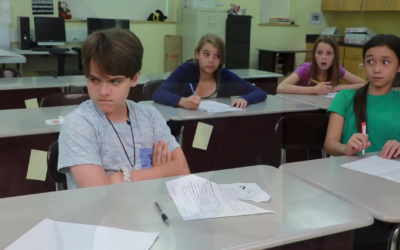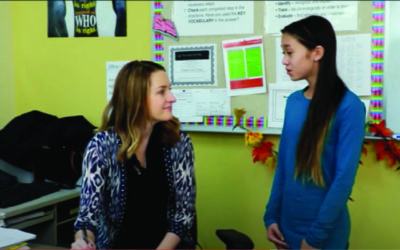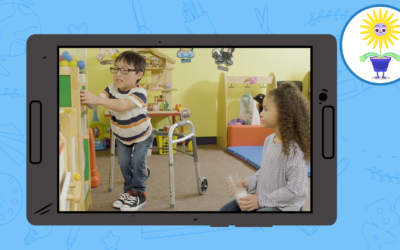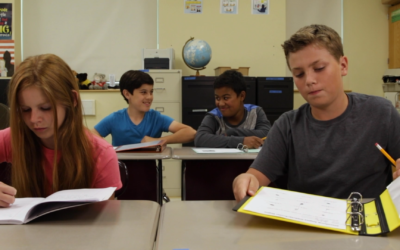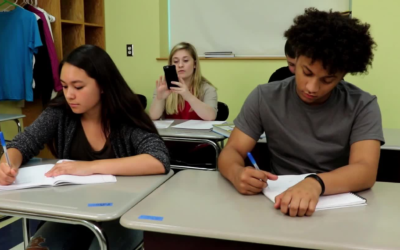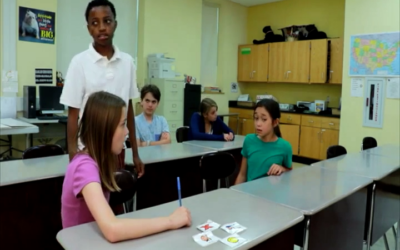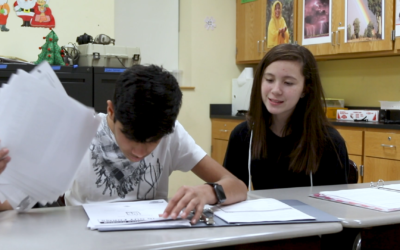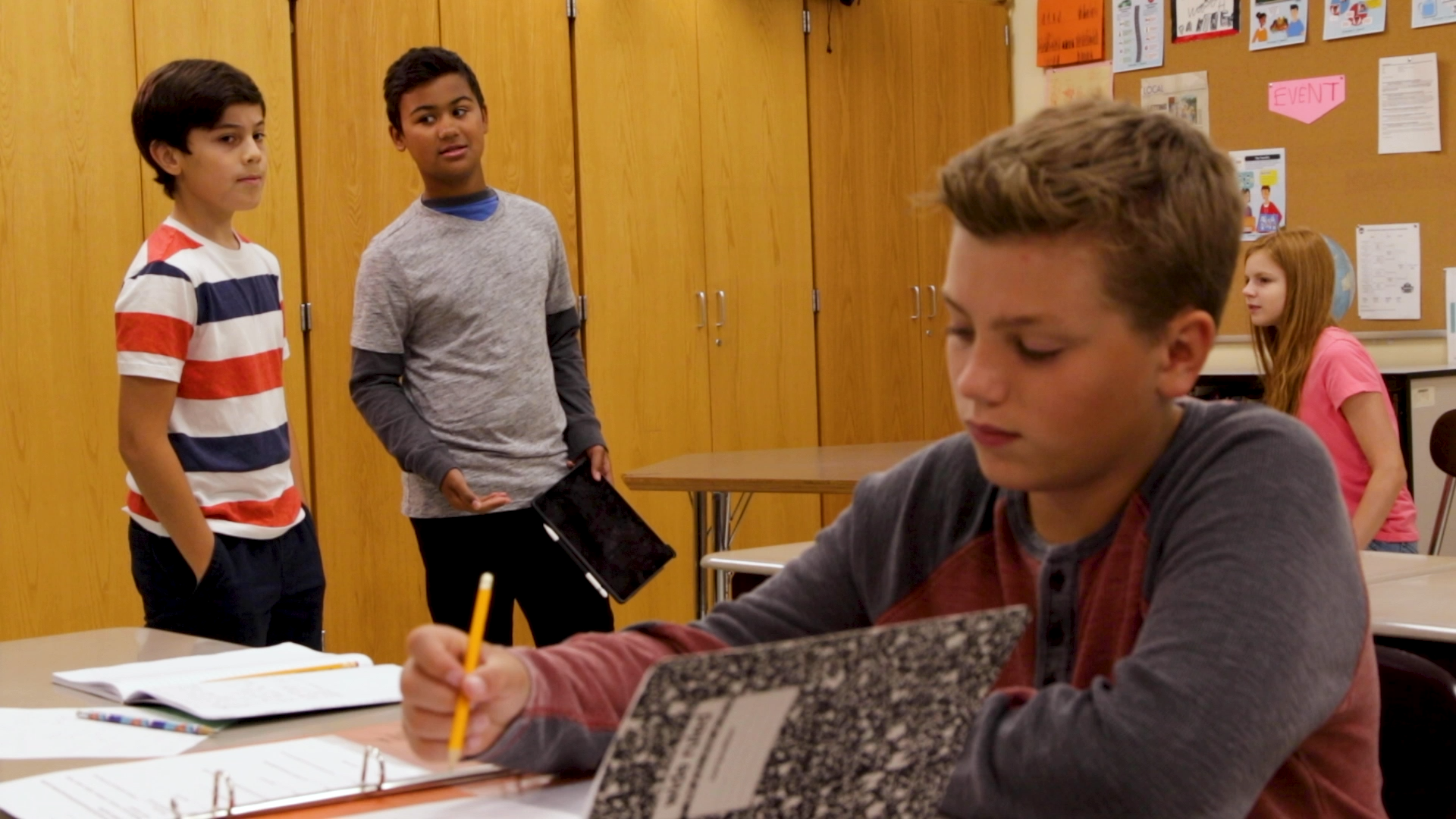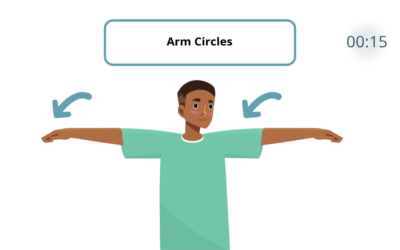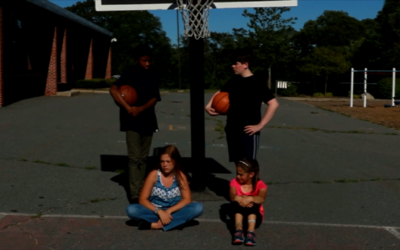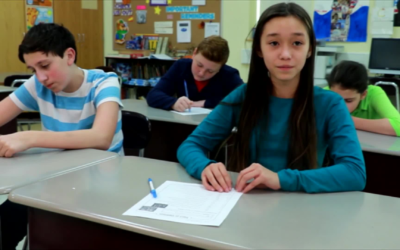Everyday Speech Blog
Social Skill Lesson Plans and Articles
No Results Found
The page you requested could not be found. Try refining your search, or use the navigation above to locate the post.
No-Prep Activities
Understanding and Managing Stress in PreK Students
Introduction As educators, we understand the importance of helping young learners recognize and manage their feelings, especially when they are stressed or upset. Teaching students to identify these emotions allows them to develop strategies to calm down and regain...
Teaching Special Education Students to Ask for a Break
Introduction Students in Special Education often face unique challenges in managing their emotions and navigating social situations. It is crucial for educators to equip these students with tools that can help them cope with difficult emotions and foster positive...
Teaching Independence: Activities for Special Education Students
Independence is a crucial skill for students to develop as they navigate through life. This blog post will present an overview of the concept of independence, a no-prep activity for teaching independence, discussion questions, related skills, and next steps for...
Recognizing and Addressing Ganging Up in Friend Groups: A Guide for Educators
Introduction Friendships play a crucial role in students' lives, providing them with a sense of belonging and emotional support. However, it's essential to recognize when a friend group is ganging up on someone, as this can lead to negative consequences for the...
Emotion ID: A Fun Game to Help PreK Students Identify Emotions
Introduction Developing an understanding of emotions is a crucial aspect of Social-Emotional Learning. The ability to identify and comprehend emotions in oneself and others is essential for establishing healthy relationships and effective communication. In this blog...
Teaching Students to Be Social Chameleons: Adapt and Thrive in Any Situation
Introduction Being a Social Chameleon means blending in and adapting to any situation, no matter what's going on around you. Throughout the day, we find ourselves in many different situations, and it's crucial that our actions fit each one. To help us figure out how...
Teaching Students the Art of Proper Conversational Distance
Introduction When we engage in conversations, it's crucial to maintain an appropriate distance from the person we are talking to. Being too close can make people feel uncomfortable, while standing too far away can make it difficult to hear and communicate effectively....
Understanding the Impact of Rumors: Activities and Discussions for Educators
Introduction Spreading rumors is an act of sharing unverified information about others, often leading to misunderstandings and hurt feelings. It's essential for educators to teach students the importance of avoiding rumor-spreading and promoting positive...
Teaching PreK Students to Observe and Adapt Behavior in Group Settings
Introduction Social-Emotional Learning (SEL) is essential for young children to develop the necessary skills to navigate social situations effectively. One crucial aspect of SEL is teaching children to observe others' actions and adapt their behavior accordingly. This...
Helping Elementary Students Stay Calm and Solve Problems
When problems arise, it's common for children to get upset and frustrated. However, it's essential for them to learn how to stay calm and think about solving the problem. This blog post will explore a no-prep activity for educators to help elementary students learn...
Teaching PreK Students to Be Social Chameleons: Adapting to Situations
Introduction Being a Social Chameleon means adapting to different situations and blending in with various social environments. This essential skill helps children develop strong relationships and navigate the world around them. In this blog post, we will discuss a...
Teaching Students to Be Upstanders and Prevent Bullying
Introduction Bullying is a pervasive issue that affects many students and can have long-lasting impacts on both the victim and the perpetrator. As educators, it is essential to teach students the importance of standing up against bullying and supporting those who are...
Seated Stretching Exercises for Students: Relaxation and Focus in the Classroom
Introduction Stretching exercises are not only beneficial for the body, but they also help in calming the mind and promoting relaxation. Incorporating simple stretching exercises into the classroom can improve focus, reduce stress, and enhance overall well-being. In...
Teaching Cooperation and Problem Solving to Kindergarteners
Introduction Teaching young children the importance of cooperation and problem-solving skills is crucial for their social-emotional development. By learning to work together and respect others, children are better equipped to handle conflicts and challenges that arise...
Teaching Kindergarten Students to Ask for Permission: A Guide for Educators
Introduction Teaching students to ask for permission is an essential social-emotional learning skill that helps them develop respect, boundaries, and patience. In this blog post, we will explore the importance of teaching permission-seeking skills to Kindergarten...

